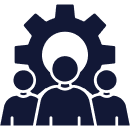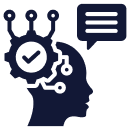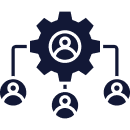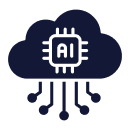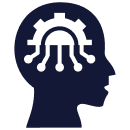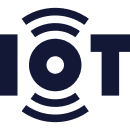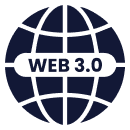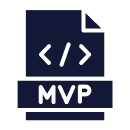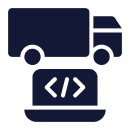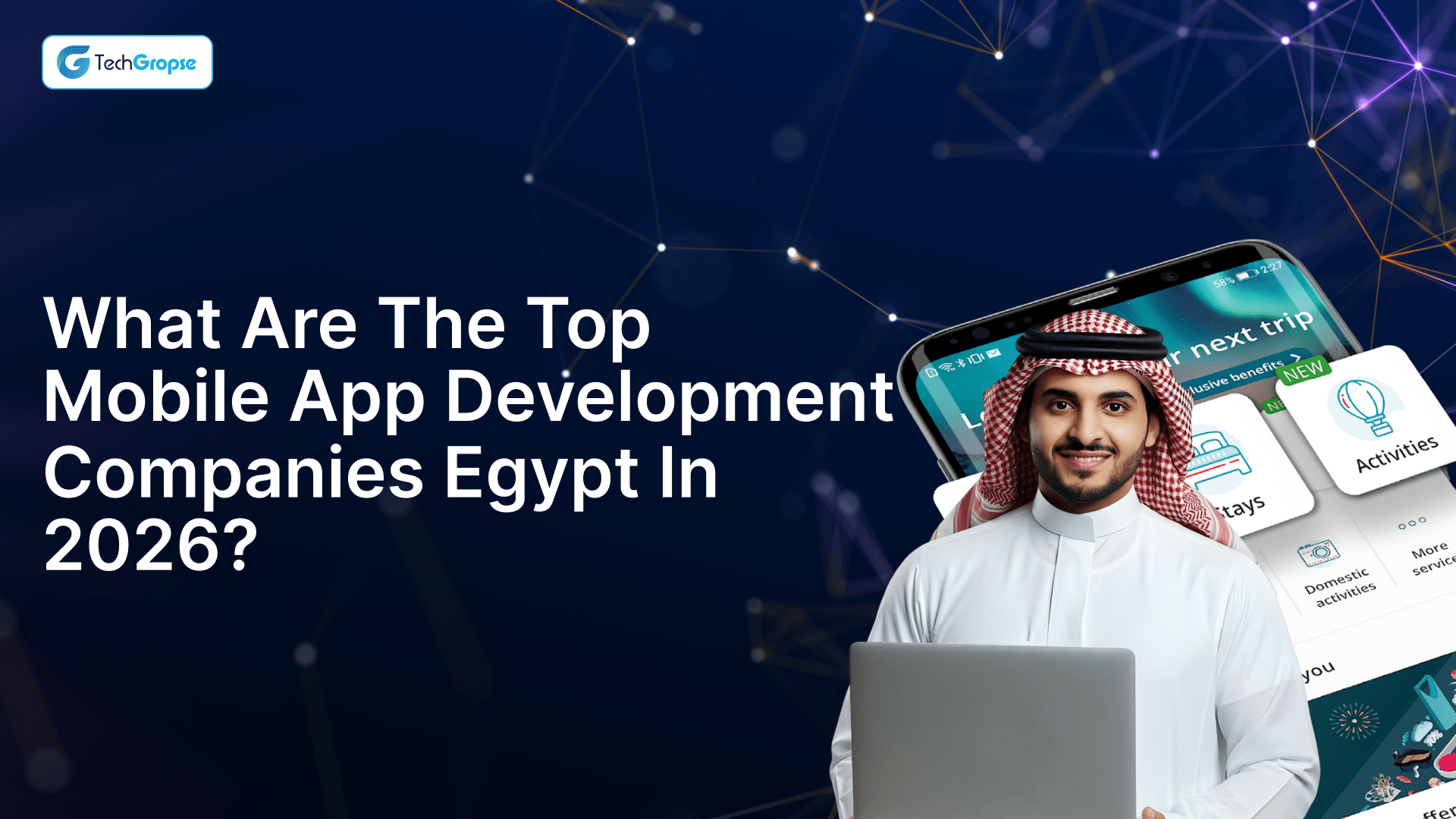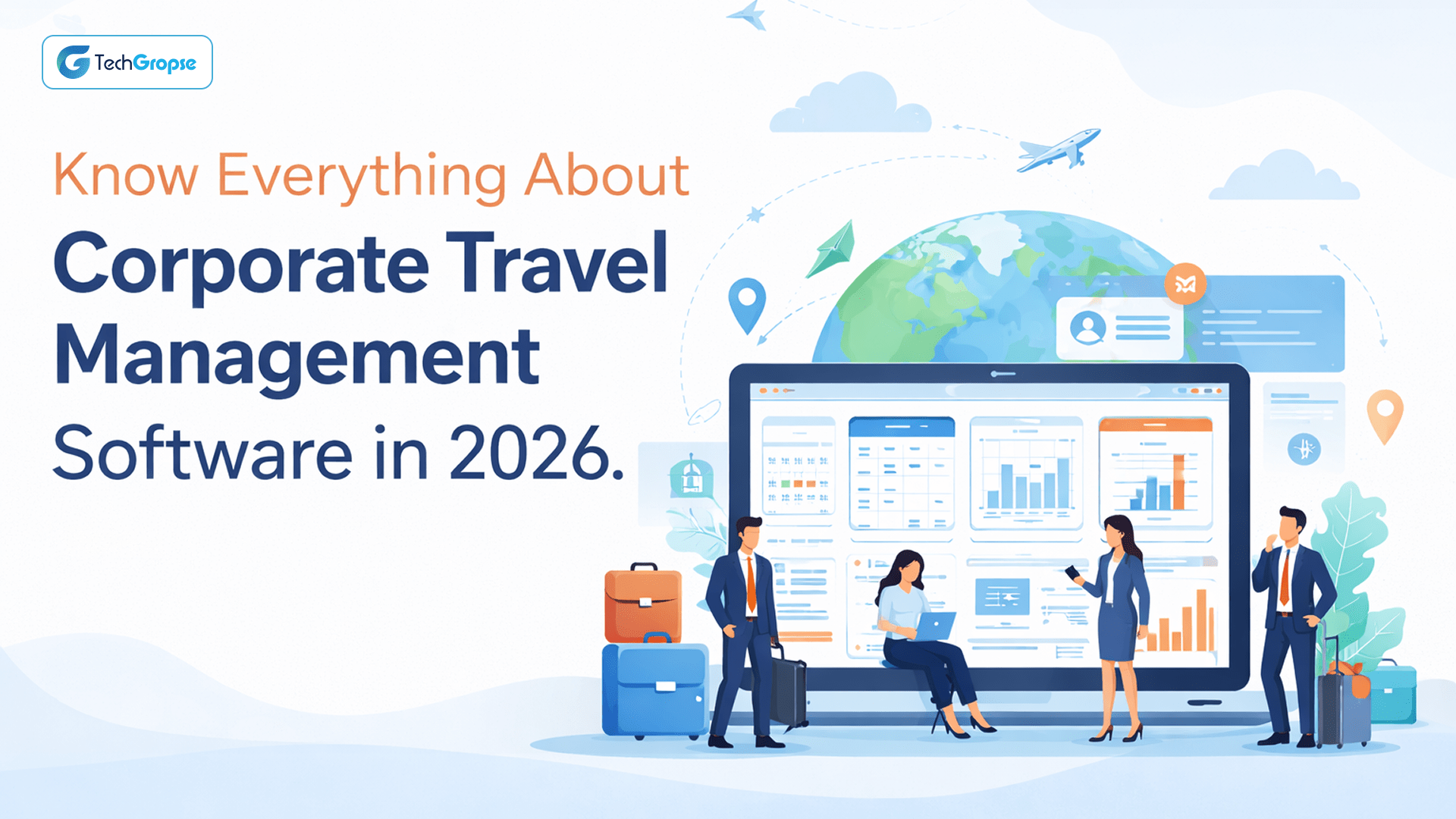The fast-growing field of artificial intelligence (AI) features two fundamental technological breakthroughs: generative AI architecture and adaptive AI systems. These technologies drive modern applications, including large language models (LLMs) and automated prompt engineering, enabling businesses to develop adaptive, scalable solutions.
Understanding the AI tech stack becomes necessary if you want to develop mobile applications with AI power, use AI development frameworks, or optimize model deployment platforms. The guide presents fundamental insights about AI model orchestration fundamentals together with established MLOps best practices and future trends in artificial intelligence training infrastructure.
Understanding Generative and Adaptive AI
Generative AI Architecture
Models classified as generative AI systems produce new content through algorithms which can create written texts, graphical works, and programming scripts. GPT-based large language models (LLMs AI) together with other models learn from extensive datasets to produce outputs that resemble human composition.
The fundamental elements defining AI-generated architecture consist of the following key parts:
- The IBM foundation models, along with other foundation models, AI operate through massive dataset training to work as foundations across multiple applications.
- The skill of providing detailed instructions to AI models for accurate response generation is known as AI prompt engineering.
- The deployment of model training, fine-tuning, and implementation requires AI frameworks together with AI foundational models, which can be either open-source or proprietary tools.
Adaptive AI Systems
The distinctive feature of adaptive AI distinguishes it from traditional AI since these systems dynamically change their behavior according to incoming real-time data streams. These systems play an essential role in developing applications which need individualized solutions alongside predictive data analysis and perpetual learning capability.
Key elements of adaptive AI:
- AI foundational models utilize user interactions to determine their self-adjustments.
- AI model orchestration allows organizations to control complicated operational sequences.
- AI systems automatically perform prompt engineering to optimize their generated responses.
Adaptive AI brings revolutionary changes to the financial, medical, and eCommerce sectors by allowing highly customized user interactions.
AI Development Frameworks and Tools

AI LLMS solutions require developers to use different software frameworks and development tools for creating robust systems.
1. AI Development Frameworks
- TensorFlow & PyTorch: Open-source AI frameworks used for building and training AI models.
- Open-source AI framework solutions like Hugging Face Transformers.
- IBM Foundation Models: Enterprise-grade AI solutions for scalable model training.
2. Prompt Engineering Tools
- GPT Prompt Engineering: Tools for fine-tuning AI-generated responses.
- OpenAI Prompt Engineering: Enhances interactions with LLMs like GPT-4.
- Automated Prompt Engineering: AI-driven methods to refine prompts for improved accuracy.
3. AI Training Infrastructure and Model Deployment Platforms
- AI training infrastructure: Cloud-based GPUs, TPUs, and AI-optimized hardware.
- Model deployment platforms consist of AWS Sage Maker and Google Vertex AI together with Azure ML.
These tools give businesses an effective method to quickly develop and deploy solutions which leverage AI capabilities.
Must Read: Chatbots to Generative AI: A Revolutionary Journey of ARTIFICIAL INTELLIGENCE!
Adaptive AI Systems for Custom Mobile App Development in Atlanta
The mobile app development shows rising adoption of adaptable AI systems which purpose to improve user interfaces. Organizations throughout Atlanta continue to build products with artificial intelligence features such as:
- Businesses use real-time user behavior examination technology to deliver personalized application content.
- The mobile app industry in Atlanta uses LLMs AI as a power source for voice assistants and chatbots.
- The system implements AI algorithms that produce architectural designs for automatic UI/UX enhancement automation.
Mobile app developers across Atlanta can build adaptable solutions through AI foundation models for use as personalizable options based on user behaviors.
LLM-Based Mobile App Solutions by AI Development Companies in Chicago
Chicago-based AI development companies deploy LLMs AI to develop smart mobile applications that incorporate the following features:
- The mobile application features conversational AI capabilities through LLMs, including GPT-4 and Claude.
- AI-utilizing content recommendation systems leverage foundational AI models to operate.
- AI prompt engineering combines with automated customer support to optimize chatbot operation.
The proper artificial intelligence framework enables Chicago-based companies to develop mobile applications featuring human interactions and superior user engagement features.
Prompt Engineering Tools for Generative AI Mobile Apps in Los Angeles
The Los Angeles AI community uses prompt engineering tools to improve the performance of generative AI mobile applications. These tools enable:
- Fine-tuning responses from AI chatbots and virtual assistants.
- The tools optimize content output specifically intended for marketing along with media and entertainment applications.
- Seamless integration with open-source AI framework solutions like LangChain and Haystack.
The development of GPT prompt engineering enables Los Angeles businesses to launch AI-driven applications that feature the orchestration of AI models alongside real-time adaptability.
Must Read: Generative AI in eCommerce and Supply Chain: Boost Your ROI in 2025
How TechGropse Can Help
TechGropse operates as a prominent developer of AI foundational models together with adaptive AI systems for mobile application development. Our expertise includes:
- The company develops specific AI solutions that implement AI foundation models across different business types.
- AI model orchestration and deployment with industry-best MLOps best practices.
- The company develops mobile applications powered by artificial intelligence that use AI training infrastructure and automated prompt engineering.
TechGropse assists businesses in Atlanta, Chicago, and Los Angeles to develop scalable mobile applications which incorporate AI technology according to specific business requirements.
Wrapping UP
A competitive edge in the market requires businesses to adopt generative AI architecture alongside adaptive AI systems and AI development frameworks as AI continues to develop. Organisations develop exceptional user experiences in next-generation mobile applications through their use of foundation models AI coupled with advanced prompt engineering tools.
By partnering with AI experts like TechGropse, businesses can leverage AI foundational models, ensuring seamless AI model orchestration and deployment.


